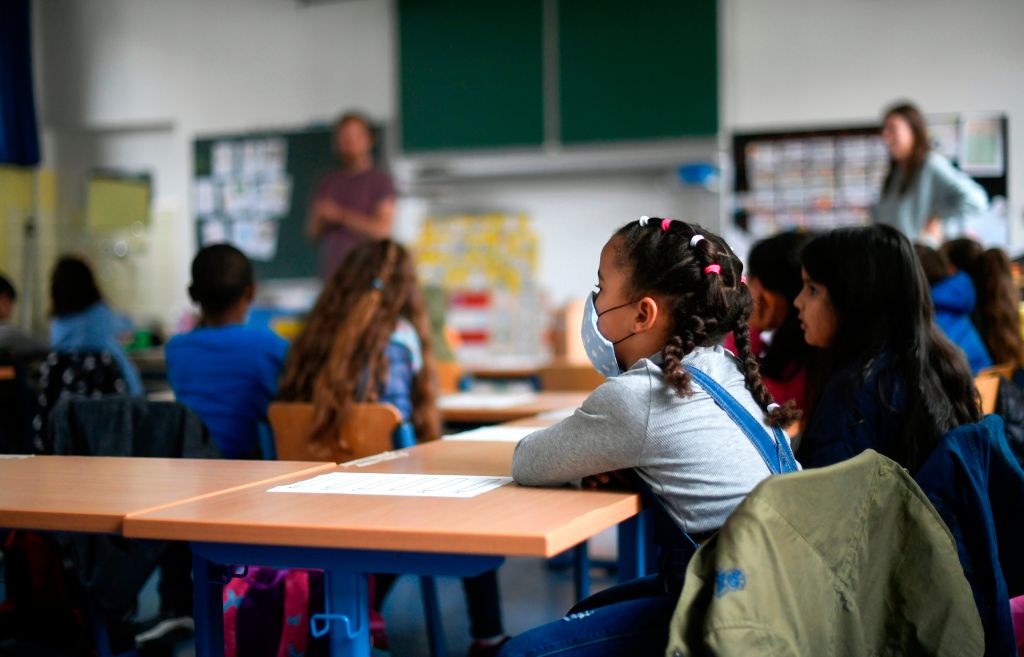A week after schools returned, the government was fretting about a new surge in recorded cases – and found itself moved to introduce new rules limiting us meeting with no more than five other people at a time. The timing seems remarkable. So was it a big mistake to reopen schools? Should we have kept children at home, in some kind of blended learning arrangement so as to spare us all from a second wave of Covid-19?
To judge by the experience from Germany the answer is a firm ‘no’. In Germany, as in Scotland, schools have now been back for nearly a month. And the evidence, as reviewed by the Robert Koch Institute, is that no, schoolchildren are not responsible for a recorded rise in infections. Since schools returned the Institute has recorded 150 cases of Covid-19 in 31 clusters – which in a country of 80 million is hardly an epidemic. In the worst-affected school, the Heinrich Hertz School in Hamburg, 26 students and three teachers were recorded with the virus. As a result, two school years’ of pupils were put into quarantine and all children obliged to wear masks. But overall, schools have not been a significant seedbed for the rise in recorded Covid cases in Germany since the beginning of July. On Saturday, 1630 new infections were recorded.
While it has been clear from the outset of the Covid-19 crisis that the chances of developing serious illness from Covid-19 rise sharply with age, and that extremely few children have been killed by the virus, it has nevertheless been widely assumed that children can act as vectors for the disease. Yet evidence is steadily emerging that while children can act as carriers of the disease, they seem much less good at spreading it than are adults. In late August Public Health England published a study into the spread of Covid in schools in the weeks between partial reopening in June and the end of term in July. It found just 67 cases of Covid-19 in 30 separate outbreaks (an outbreak being defined as two or more linked cases in one school). In just six cases across the whole of England were students believed to have spread the infection to school staff and in just two cases were students believed to have caught it off other students.
Many will object to the new restrictions on social gatherings, and other measures to prevent the spread of Covid-19. There will be many bitter arguments to come. But on one thing perhaps now most people will be able to agree: that whatever else is done, schools should stay open. Teachers’ union leaders who spent much of the summer term trying to keep children out of school have lost their case.







Comments